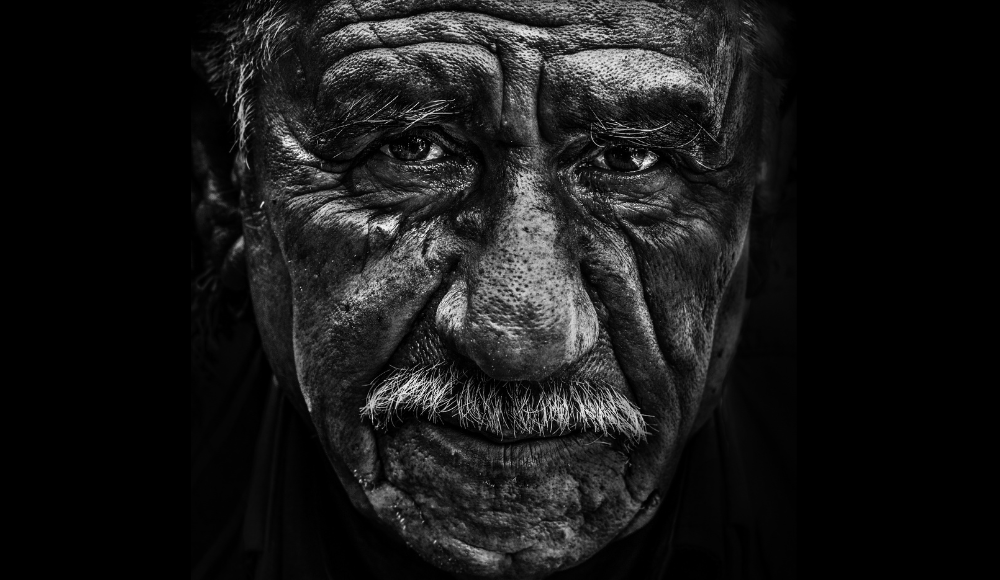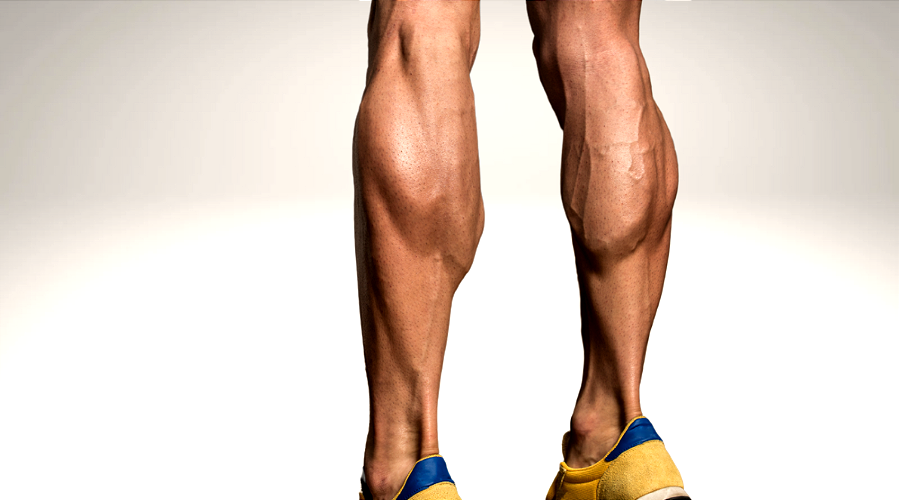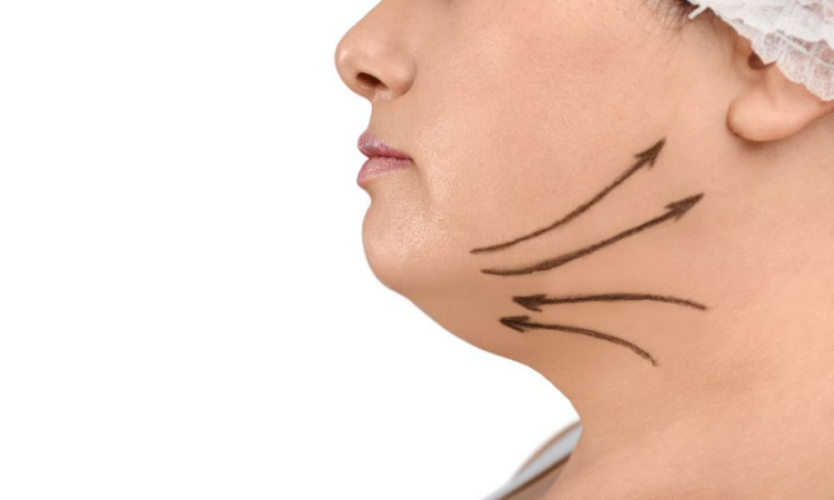The upper limb is functional by the signals from the spinal cord through the network of nerves known as “Brachial Plexus”. Injury to the brachial plexus can be trivial to devastating presenting as burning sensations to complete paralysis. The injury to brachial plexus occurs when these nerves are stretched, compressed, or in the worst cases completely torn from the spinal cord.
Minor injuries usually occurs in contact sports, such as football or wrestling and most severe brachial plexus injuries are following motor vehicle accidents and fall from heights. Other conditions, such as tumors or inflammation, may also affect the brachial plexus.
Babies born from difficult labor may also sustain brachial plexus injury after birth. Severe brachial plexus injuries can leave your arm paralyzed, but surgery may help to restore the function.
SYMPTOMS
Depending on the severity of the injury and the location of your injury the individual develops the signs and symptoms.
Injuries following contact sports, such as football or wrestling, the brachial plexus nerves get stretched or compressed. The following symptoms develops:
- A tingling feeling or like an electric shock or a burning sensation shooting down your arm
- Numbness and weakness in your arm
These symptoms usually last only a few seconds or minutes, but in some people the symptoms may linger for days or longer.
The severe injury causes worst symptoms and it is seen when the nerve is seriously injured by tear or rupture and in most serious case getting torn from the spinal cord.
Signs and symptoms of more-severe injuries can include:
- Partial functioning of shoulder, arm and hand due to weakness or complete inability to use some muscles,
- Complete loss of motion and sense in the arm, including shoulder and hand
- Excrutiating pain
MEET DOCTOR
Consult your doctor if you have:
- Recurrent burning or stinging sensations
- Weakness in your hand or arm
- Neck pain
- Symptoms over both upper limbs
CAUSES
Depending upon the nature of injury the various parts of brachial plexus is injured. As in case of injury causing shoulder to move down and neck to stretch up and away from the injured shoulder, causes injury to upper nerves. Whereas in case of your arm stretched and forced above your head causes injuries to the lower nerves
These injuries can occur in several ways, including:
- Contact sports like football/ wrestling,
- Trauma. Fall from heights or following motor vehicle accidents,
- Difficult births. As in high birth weight, breech presentation, or prolonged labor,
- Tumors and cancer treatments. Tumors can grow in or along the brachial plexus, or put pressure on the brachial plexus or spread to the nerves. Radiation therapy over the chest region can cause damage to the brachial plexus.
COMPLICATIONS
Many brachial plexus injury heals with time mostly in children but also in adults little if any lasting damages. But some injuries may cause transient or lasting issues, such as:
- Stiff joints. As the hand or arm is paralyzed and non-functioning, the joints can become stiff and difficult to move later during recovery. Hence it is advisable to do physical therapy during recovery period.
- Numbness. If you lose feeling in your arm or hand, you run the risk of injuring yourself without knowing it. Hence prevention should be sought for not getting cuts or burns.
- Pain. From nerve injury can cause persisting pain that can be bothersome.
- Muscle wasting. Nerves regrow slowly and can take several years to heal after an injury. Meanwhile due to lack of activity causes muscle to disintegrate. Hence physical therapy is needed to keep muscle healthy.
- Permanent disability. Various factors determines the recovery from serious brachial plexus injury, like age, type of injury, location and severity of the injury. Even with physical therapy and surgical treatment some individuals experience permanent muscle weakness or paralysis.
Periodic evaluation, supervised physical therapy and if required surgical treatment can deliver better outcome and promising functional recovery.







